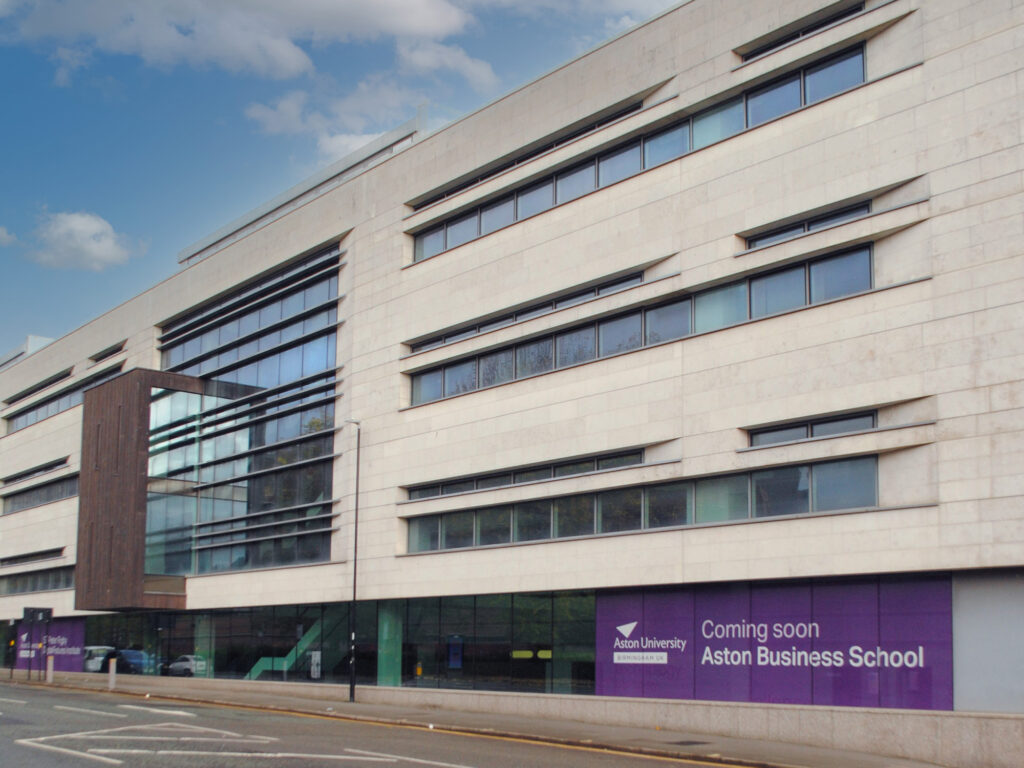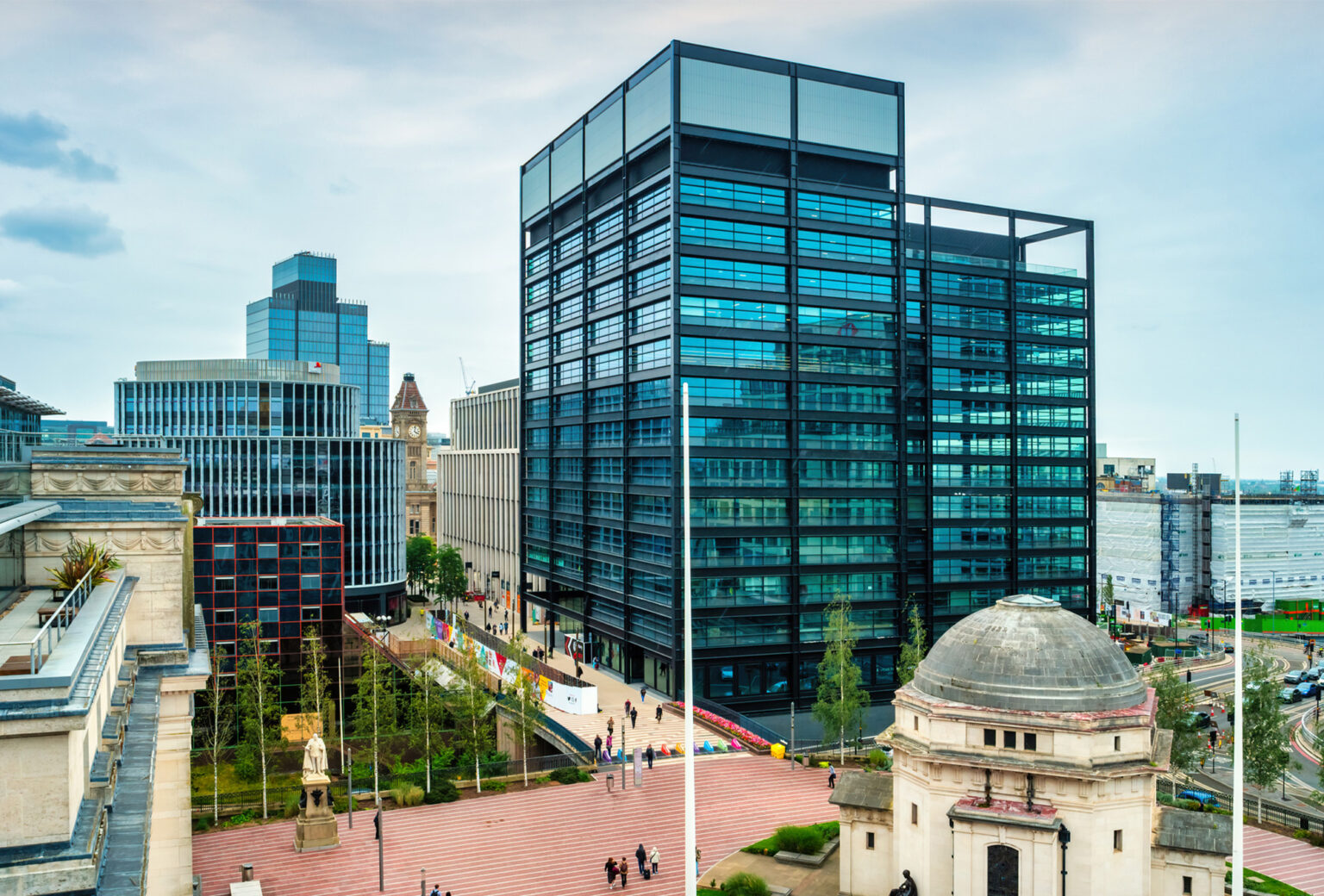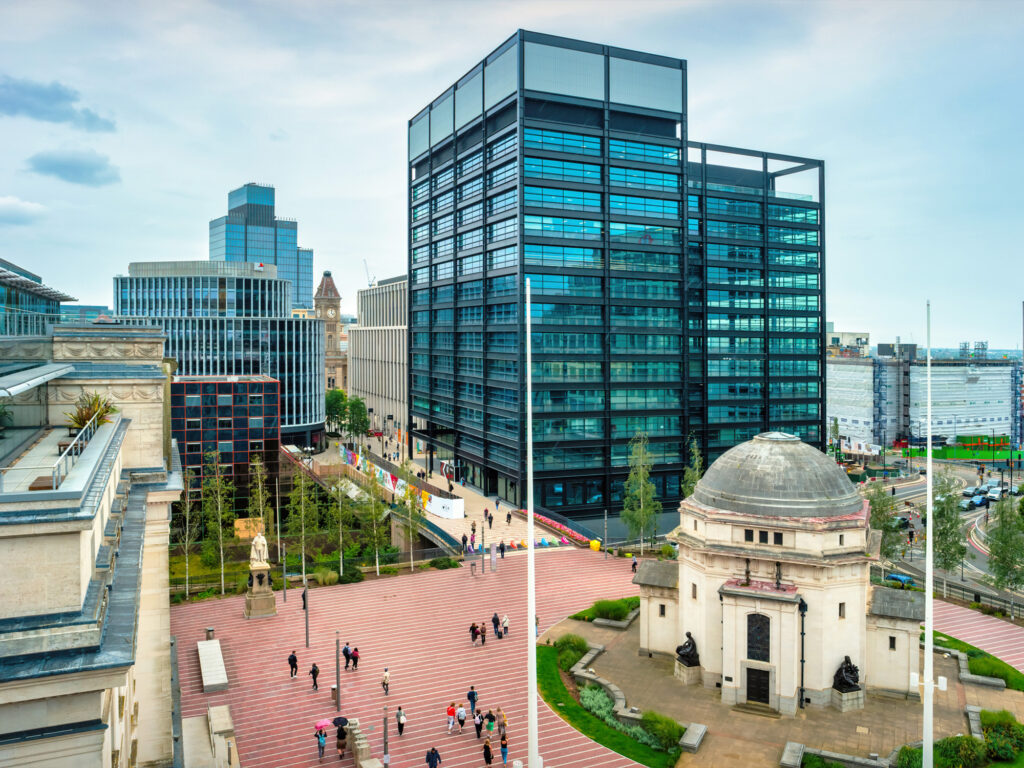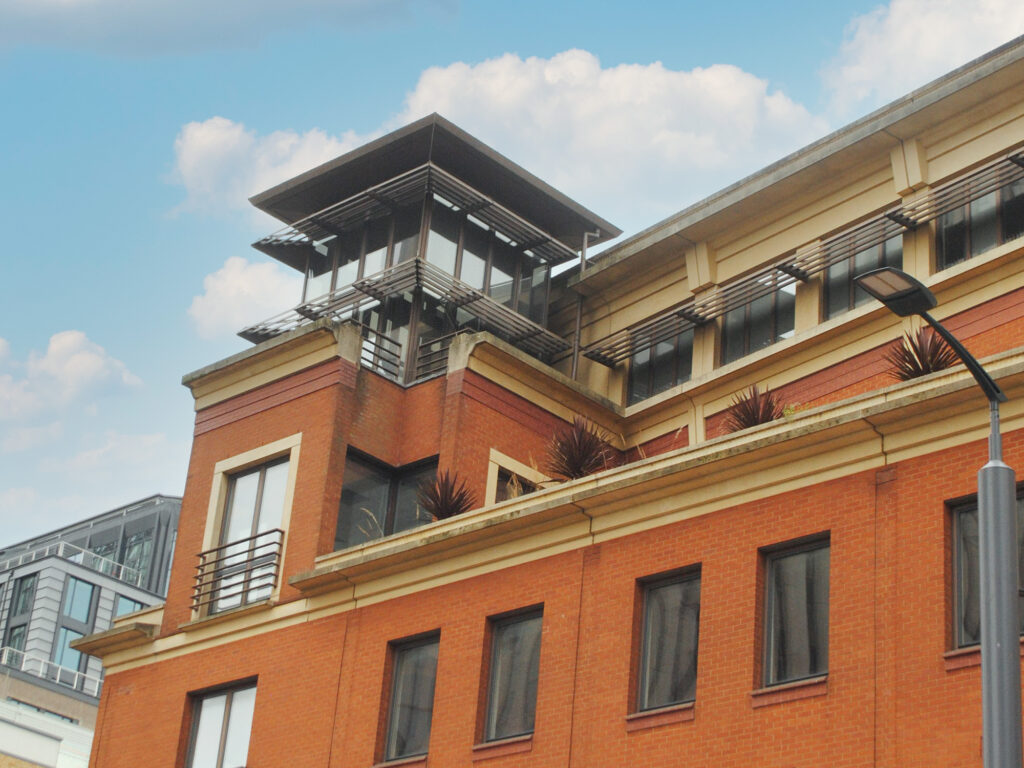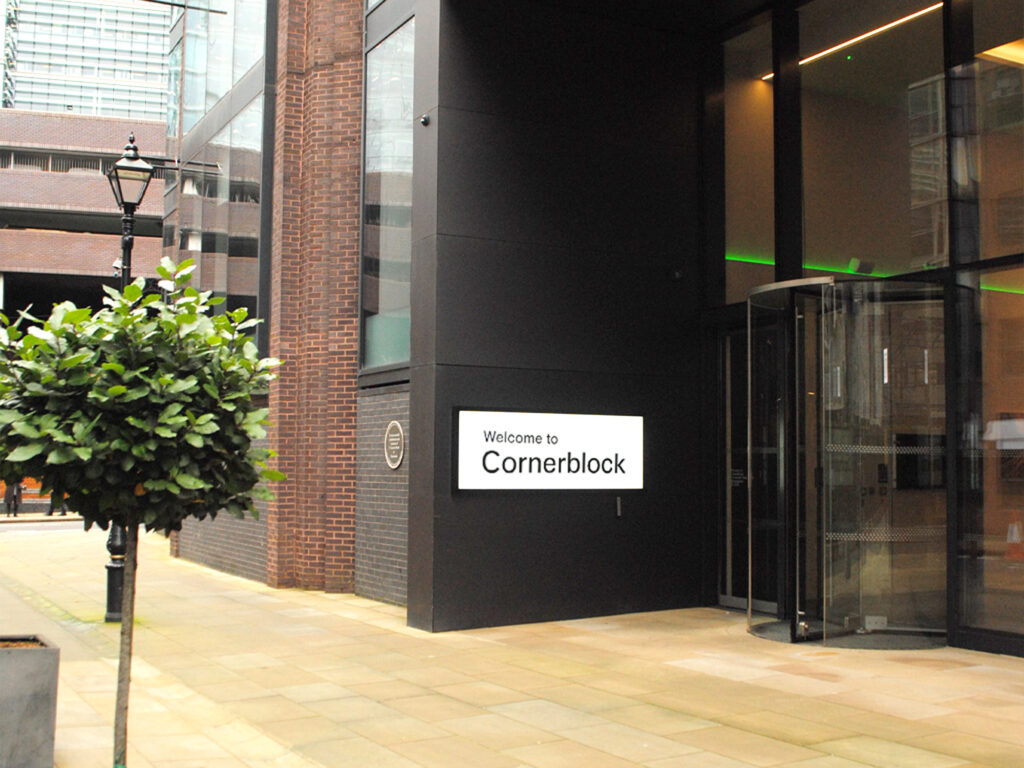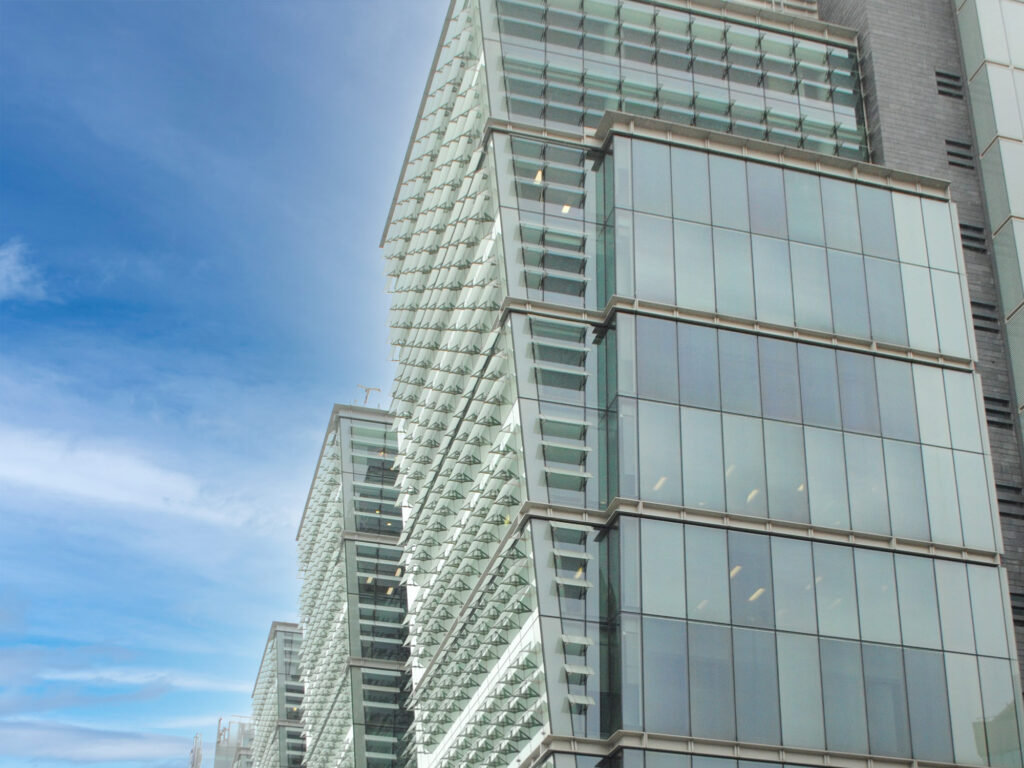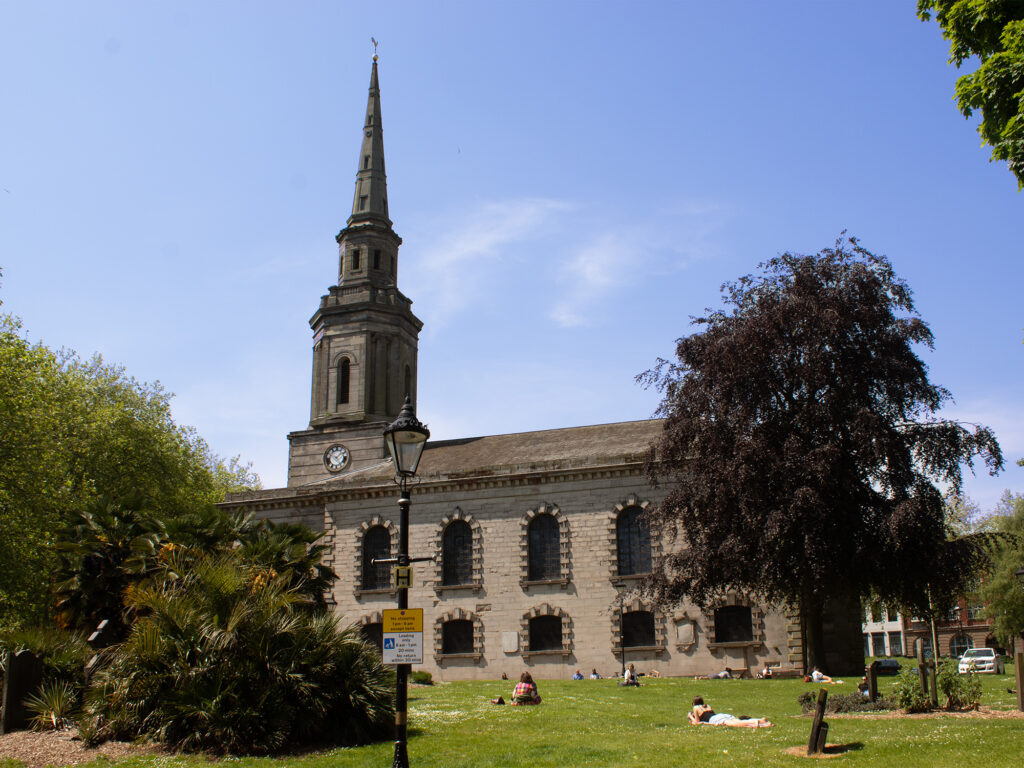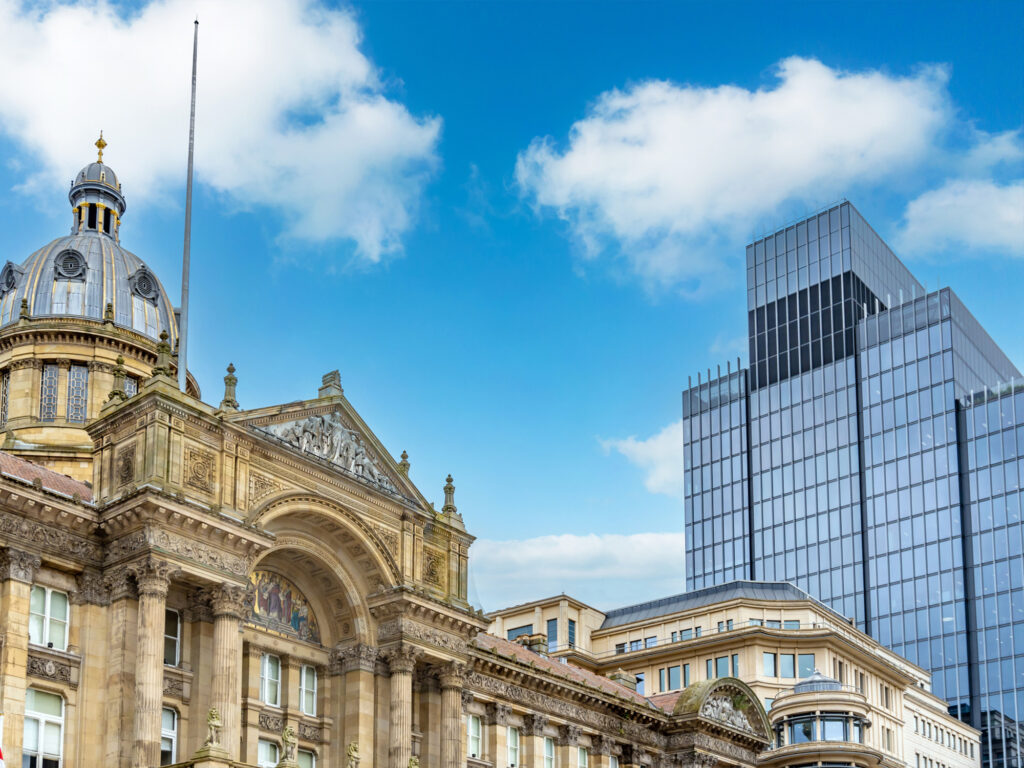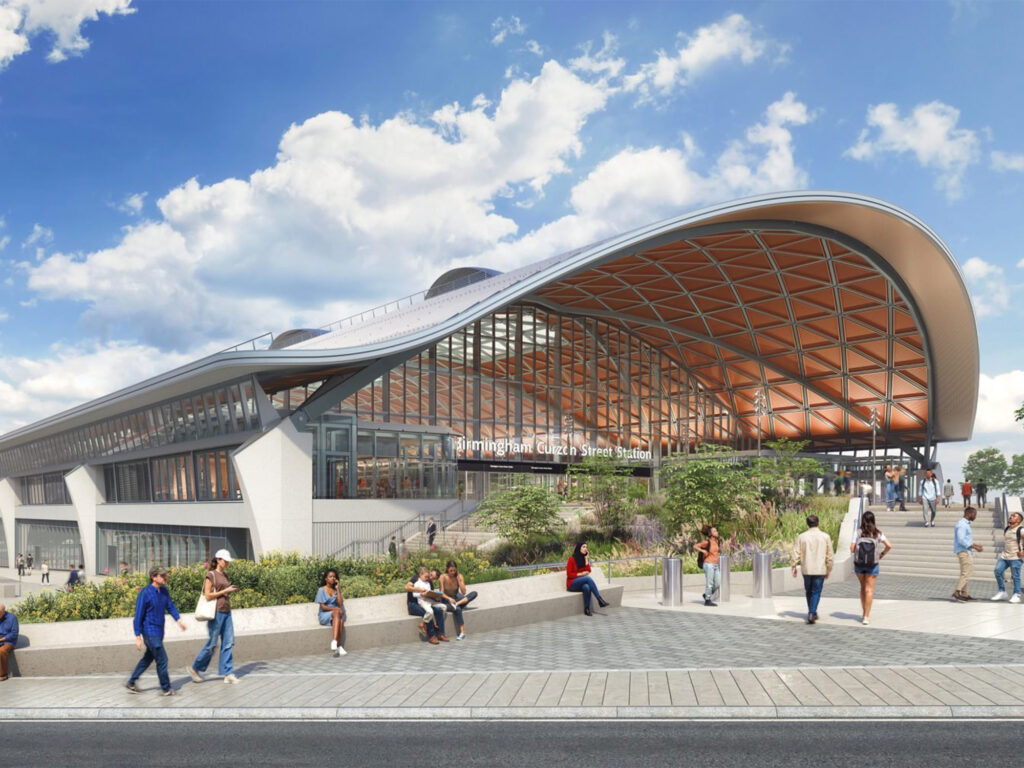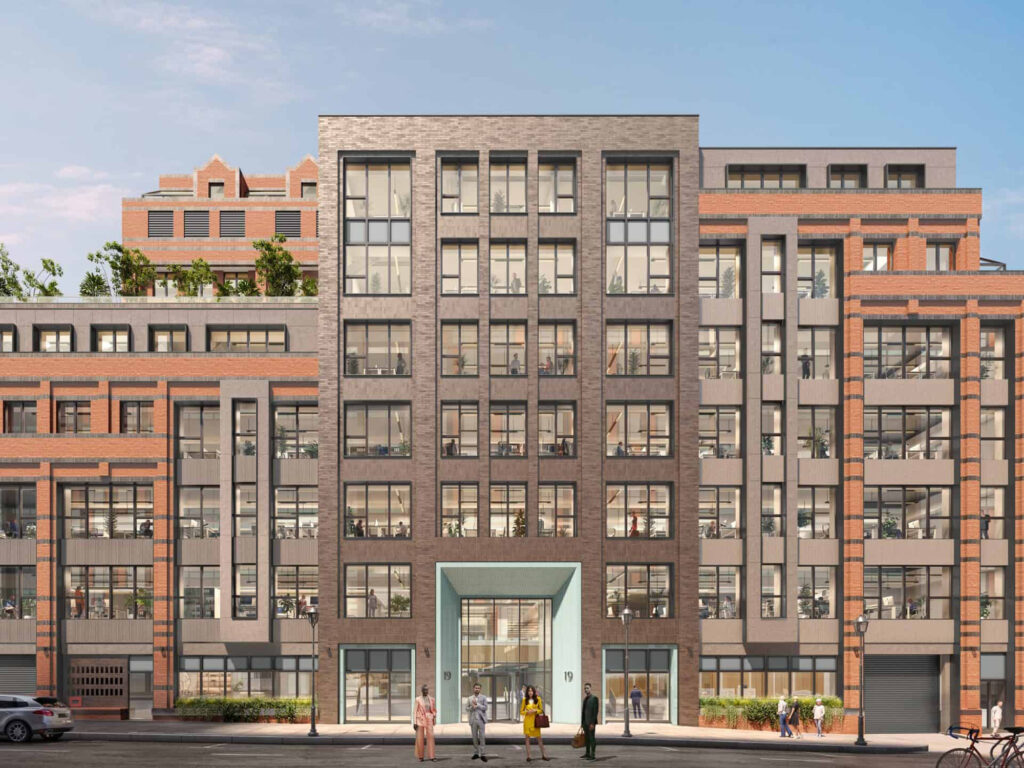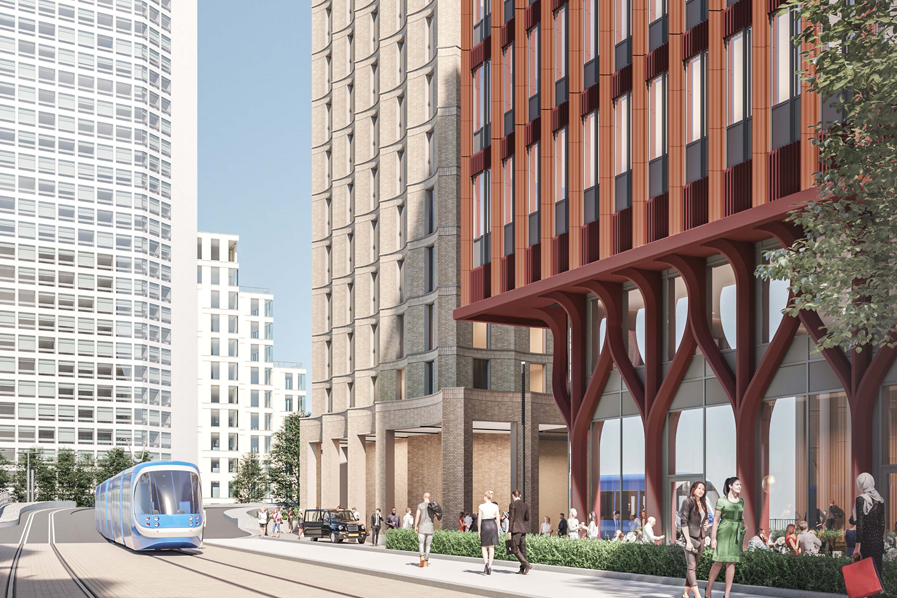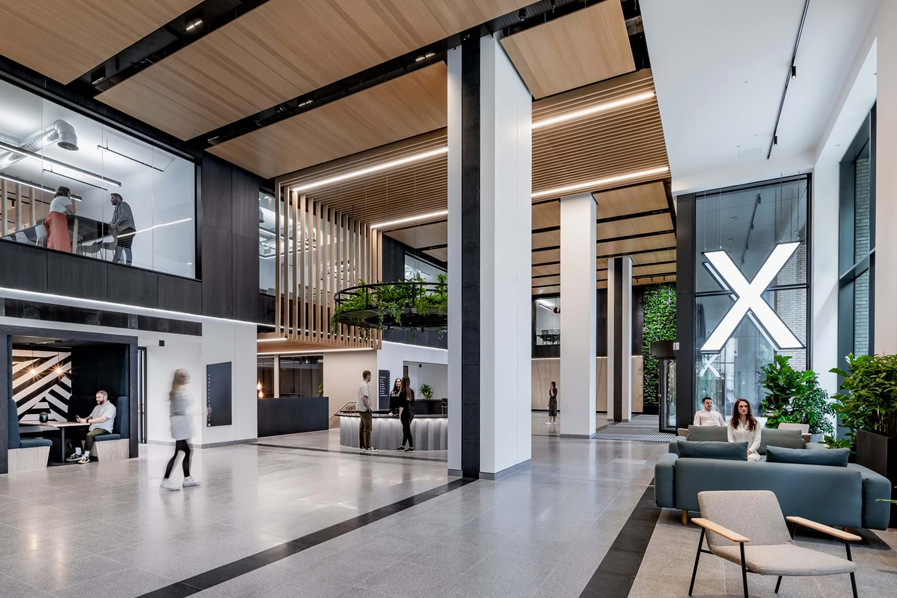The Education sector has continued to flourish within Birmingham’s budding ‘Knowledge Quarter’, with considerable city centre space acquired in Q3. The quarter totalled 348,690 sq ft over 23 deals, more than double the space let in Q2, making it the most successful quarter since Q3 2017.
This extremely strong period has only increased momentum within the market, building on a strong first half of 2024. This is largely due to the significant 10 Woodcock Street deal, taking 189,053 sq ft. However, even without this unique deal, there would still be an improvement on the five-year, year-to-date average. Leading office building deals in One Snowhill, 1 Brindleyplace and Cornerblock were also pivotal in the extensive take-up during Q3. Once again, this only enhances the upward trend of businesses investing in premium office space of all sizes since the end of the pandemic.
